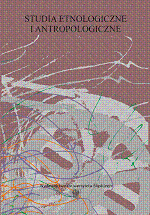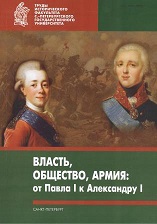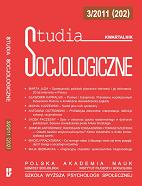
"This city is nice". A prolegomena to studies on the aesthetics of the city
"Ładne to miasto jest!" Prolegomena do badań nad estetyką miasta
The issues of aesthetic values of city space have so far been the interest of urbanists, architects or aestheticians and rarely ethnologies despite the fact that the discipline has been dealing with the subject matter of the city and urbanness for years. An attempt to find the answer to the question: What decides on our positive or negative reception of an industrial space and to what an extent do aesthetic values shape it? constitute the subject matter of the article. The space which surrounds us, shapes psychophysical attitudes of individuals, which influences its contacts with the society in which it functions. High aesthetic values of the city give rise to and decide on the dynamics of interactions taking place here, increase the need of identification and sense of community, especially important among the inhabitants. They also condition the attitudes of newcomers and tourists, which may decide on its development. At the same time, the ugliness of the city brings about negative effects, causes frustration, alienation, or even aggression of individuals as well as de orientation of the group. Aesthetic values of the city space depend on the natural environment in which the city (the lie of the land, river) is inscribed, from the structure and building and street plan, especially on a clearly indicated centre — the market square, finally from the compilation of colour, chiaroscuro model, small architecture forms which “furnish” the city, the greenery and people. An important place is given here to the advertisement and reflections of the so called street art.
More...

